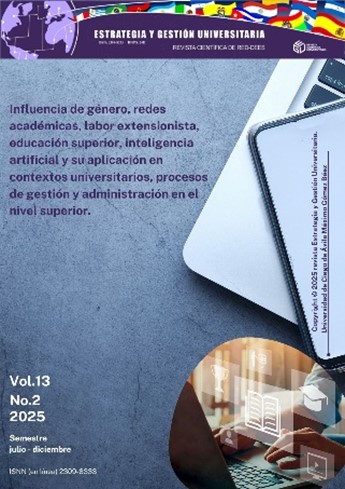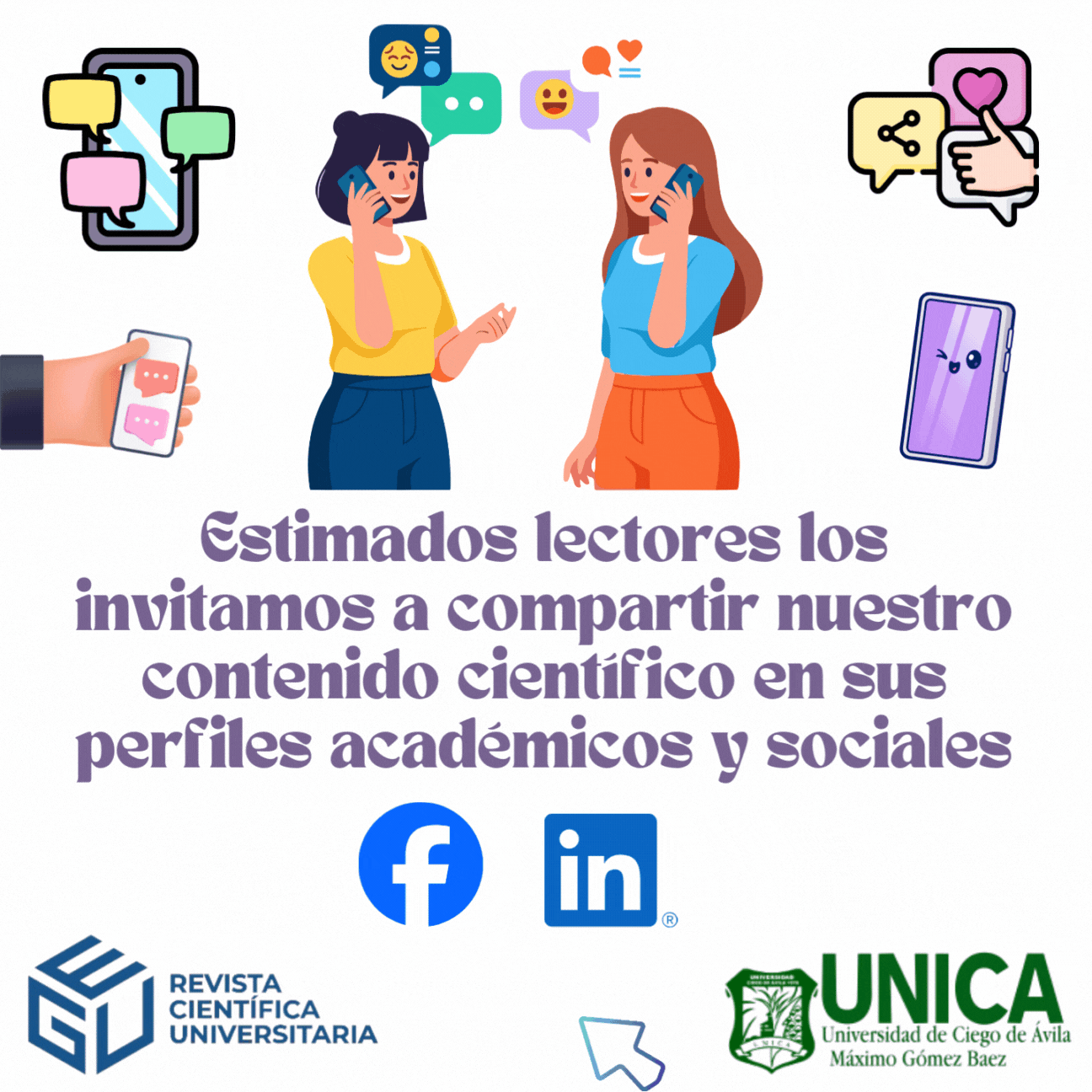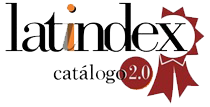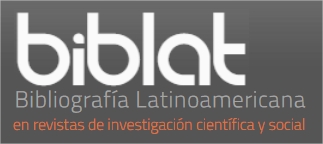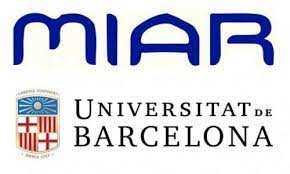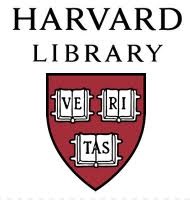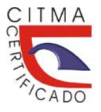Data science engineering: curricular management for responsible production and consumption
DOI:
https://doi.org/10.5281/zenodo.17186649Keywords:
responsible production and consumption, data science engineering, pattern categorization frameworkAbstract
Introduction: given the rapid pace of technological change, Data Science engineers will play a crucial role in driving sustainable innovation. By applying data analysis, machine learning, and artificial intelligence, they can optimize resource use, improve energy efficiency, and develop predictive models to help mitigate social and environmental risks. Objective: to integrate sustainability into business education, specifically in the context of the course “Fundamentals of Business Organization” in the Data Science degree at the Universitat Politècnica de València (UPV, Spain). Method: this qualitative and constructivist research is based on an educational action-research project in the FOE course. It analyzes transversal competencies and applies the Pattern Categorization Framework through practical activities, integrating sustainability into business analysis. A final activity is proposed that incorporates this tool into the course. Results: a methodology is designed to introduce “Social and Environmental Commitment” into the training of Data Science engineers. Conclusion: students will be able to address social, environmental, and economic challenges with ethics and professional responsibility, guided by the Sustainable Development Goals, particularly the goal of Responsible Production and Consumption.
Downloads
References
Accenture Strategy (2014). Circular Advantage. Accenture Strategy. https://www.accenture.com/t20150523T053139__w__/us-en/_acnmedia/Accenture/Conversion- Assets/DotCom/Documents/Global/PDF/Strategy_6/Accenture-Circular-Advantage-Innovative-Business-Models-Technologies-Value-Growth.pdf
Ahadov, A., Asgarov, E. S., & El-Thalji, I. (2019). A summary of adapting Industry 4.0 vision into engineering education in Azerbaijan. IOP Conference Series: Materials Science and Engineering, 700(1), 012063. https://doi.org/10.1088/1757-899X/700/1/012063
Ahmad, I., Sharma, S., Singh, R., Gehlot, A., Priyadarshi, N., & Twala, B. (2022). Mooc 5.0: A roadmap to the future of learning. Sustainability, 14(18), 11199. https://doi.org/10.3390/su141811199
Alarifi, A., Zarour, M., Alomar, N., Alshaikh, Z., & Alsaleh, M. (2016). Secdep: Software engineering curricula development and evaluation process using SWEBOK. Information and Software Technology, 74, 114–126. https://doi.org/10.1016/j.infsof.2016.01.013
Bahroun, Z., Anane, C., Ahmed, V., & Zacca, A. (2023). Transforming education: A comprehensive review of generative artificial intelligence in educational settings through bibliometric and content analysis. Sustainability, 15(17), 12983. https://doi.org/10.3390/su151712983
Bell, G. G., & Rochford, L. (2016). Rediscovering SWOT’s integrative nature: A new understanding of an old framework. The International Journal of Management Education, 14(3), 310-326. https://doi.org/10.1016/j.ijme.2016.06.003
Bellucci, M., Chiurco, A., Cimino, A., Ferro, D., Longo, F., & Padovano, A. (2022). Learning factories: A review of state of the art and development of a morphological model for an industrial engineering education 4.0. MELECON 2022 - IEEE Mediterranean Electrotechnical Conference, 260–265. https://doi.org/10.1109/MELECON53508.2022.9843084
Bizami, N. A., Tasir, Z., & Kew, S. N. (2023). Innovative pedagogical principles and technological tools capabilities for immersive blended learning: A systematic literature review. Education and Information Technologies, 28(2), 1373–1425. https://doi.org/10.1007/s10639-022-11243-w
Bracho Fuenmayor, P. L. (2022). Gerencia y educación superior desde la perspectiva de la neurociencia. Interacción y Perspectiva, 12(2), 100-121. https://zenodo.org/records/7114562
Bonfield, C. A., Salter, M., Longmuir, A., Benson, M., & Adachi, C. (2020). Transformation or evolution?: Education 4.0, teaching and learning in the digital age. Higher Education Pedagogies, 5(1), 223–246. https://doi.org/10.1080/23752696.2020.1816847
Boni, A., Belda-Miquel, S., Calabuig-Tormo, C., Millán-Franco, M. A., & Talón-Villacañas, A. (2019). Adaptando los ODS a lo Local mediante la Educación para el Desarrollo. La Experiencia de la Estrategia de la Ciudad de Valencia. Revista Internacional de Educación Para La Justicia Social, 8(1), 117. https://doi.org/10.15366/riejs2019.8.1.007
Brundtland, G. H. (1987). Our common future—Call for action. Environmental conservation, 14(4), 291-294.
Curren, R. (2009). Education for sustainable development: A philosophical assessment. In Impact (Vol. 2009, Issue 18). https://doi.org/10.1111/j.2048-416x.2009.tb00140.x
Díaz-Romero, Y., De La Paz-Rosales, M. T. de J., Callan-Bacilio, R., & Bracho-Fuenmayor, P. L. (2025). Análisis teórico-conceptual de la calidad en la educación superior y sus dimensiones: Un estudio comparado. Revista Arbitrada Interdisciplinaria Koinonía, 10(19), 110–133. https://doi.org/10.35381/r.k.v10i19.4379
Direito, I., & Freitas, A. (2024). Bridging the Gap: Embedding Transversal Skills in Engineering Doctoral Education. IEEE Global Engineering Education Conference, EDUCON, 1–4. https://doi.org/10.1109/EDUCON60312.2024.10578771
Esteban-Amaro, R., Estelles-Miguel, S., & Lengua, I. (2024). Towards sustainable business: Leading change from the bottom-up. WPOM-Working Papers on Operations Management, 15, 21587. https://doi.org/10.4995/wpom.21587
Fierro, C., Fortoul, B., y Rosas, L. (2000). Transformando la práctica docente, una propuesta basada en la investigación-acción. Paidós.
Font, L. R. (2012). Fundamentos de organización de empresas (FOE). Editorial Universitat Politècnica de València.
Foundation Ellen MacArthur (2015). Towards a Circular Economy: Business Rationale for an Accelerated Transition. Ellen MacArthur Foundation (EMF), 20.
García-Hurtado, D., Devece, C., Hoffmann, V. E., & Camargo-Vera, C. (2024). On entrepreneurial and ambidextrous universities: Comparative study in Ibero-American higher education institutions. Sustainable Technology and Entrepreneurship, 3(3), 100077. https://doi.org/10.1016/j.stae.2024.100077
Gómez-Ríos, D., Ramírez-Malule, H., & Marriaga-Cabrales, N. (2023). Mesocurriculum modernization of a chemical engineering program: The case of a high-impact regional university in Colombia. Education for Chemical Engineers, 44, 181–190. https://doi.org/10.1016/j.ece.2023.06.002
Hambrick, D. C., MacMillan, I. C., & Day, D. L. (1982). Strategic attributes and performance in the BCG matrix—A PIMS-based analysis of industrial product businesses. Academy of Management Journal, 25(3), 510-531.
Hassiotis, M.-K. (2020). Building a Circular Supply Chain for a Circular Economy. https://news.ewmfg.com/blog/building-a-circular-supply-chain-for-a-circular-economy
Henri, M., Johnson, M. D., & Nepal, B. (2017). A review of competency-based learning: Tools, assessments, and recommendations. Journal of Engineering Education, 106, 607–638. https://doi.org/10.1002/jee.20180
Johnston, R. B. (2016). Arsenic and the 2030 Agenda for sustainable development. Arsenic Research and Global Sustainability - Proceedings of the 6th International Congress on Arsenic in the Environment, AS 2016, 12–14. https://doi.org/10.1201/b20466-7
Kotler, P. (1967). Scanning the business environment. Business Horizons, 10(3), 51–58.
Latorre, A. (2005). La investigación-acción, conocer y cambiar la práctica educativa. Graó 5ª ed.
Learned, E. P., Christensen, C. R., Andrews, K. R., & Guth, W. D. (1969). Business policy: Text and cases. Richard D. Irwin.
López Velázquez, R., Carmona Montes de Oca, N., & Verchier Huizar, L. D. (2020). La investigación-acción como metodología para mejorar la práctica docente: Tres casos en México. UTE. Revista de Ciències de l’Educació, (2), 38–60. https://doi.org/10.17345/ute.2020.2
Malhotra, R., Massoudi, M., & Jindal, R. (2023). Shifting from traditional engineering education towards competency-based approach: The most recommended approach-review. Education and Information Technologies, 28, 9081–9111. https://doi.org/10.1007/s10639-022-11568-6
Padovano, A., & Cardamone, M. (2024). Towards human-AI collaboration in the competency-based curriculum development process: The case of industrial engineering and management education. Computers and Education: Artificial Intelligence, 7, 100256. https://doi.org/10.1016/j.caeai.2024.100256
Porter, M. E. (1985). Technology and competitive advantage. Journal of Business Strategy, 5(3), 60-78.
Porter, M. E. (1989). How competitive forces shape strategy. En D. E. Hussey (Ed.), Readings in strategic management (pp. 133–143). Macmillan Education UK.
Porter, M. E., & Millar, V. E. (1985). How information gives you competitive advantage. Harvard Business Review, 63(4), 149–160.
Puyt, R. W., Lie, F. B., & Wilderom, C. P. M. (2023). The origins of SWOT analysis. Long Range Planning, 56(3), 102304. https://doi.org/10.1016/j.lrp.2023.102304
Qian, Y., Vaddiraju, S., & Khan, F. (2023). Safety education 4.0 – a critical review and a response to the process industry 4.0 need in chemical engineering curriculum. Safety Science, 161. https://doi.org/10.1016/j.ssci.2023.106069
Raimo, N., Nicolò, G., L’Abate, V., & Vitolla, F. (2024). Analyzing the factors affecting university contributions to achieving the sustainable development goals in European Union countries. Sustainable Development, 32(3), 6033–6044. https://doi.org/10.1002/sd.3013
Rosa, P., Sassanelli, C., & Terzi, S. (2019). Towards Circular Business Models: A systematic literature review on classification frameworks and archetypes. Journal of Cleaner Production, 236. https://doi.org/10.1016/j.jclepro.2019.117696
Sánchez-Carracedo, F., López, D., Martín, C., Vidal, E., Cabré, J., & Climent, J. (2020). The sustainability matrix: A tool for integrating and assessing sustainability in the bachelor and master theses of engineering degrees. Sustainability (Switzerland), 12(14), 1–23. https://doi.org/10.3390/su12145755
Škare, M., Blanco-Gonzalez-Tejero, C., Crecente, F., & del Val, M. T. (2022). Scientometric analysis on entrepreneurial skills - creativity, communication, leadership: How strong is the association? Technological Forecasting and Social Change, 182, 121851. https://doi.org/10.1016/j.techfore.2022.121851
UPV. (2024). Informe Empleabilidad. https://www.upv.es/contenidos/sieobs/datos-hoy/https://www.upv.es/contenidos/sieobs/datos-hoy/
Villazon Montalvan, R. A., Affonso Neto, A., & Neumann, C. (2024). Developing soft skills in the business classrooms of industrial engineering students in Brazil. Journal of International Education in Business, 17(2), 304–318. https://doi.org/10.1108/JIEB-11-2023-0092
Downloads
Published
How to Cite
Issue
Section
License
Copyright (c) 2025 Estrategia y Gestión Universitaria

This work is licensed under a Creative Commons Attribution-NonCommercial-ShareAlike 4.0 International License.

